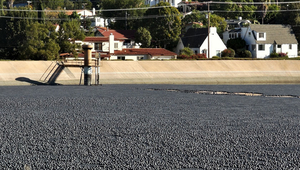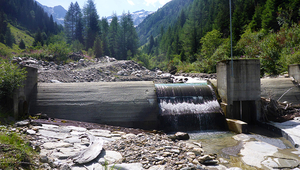Archive News
September 11, 2018
September 5, 2018
August 15, 2018
July 17, 2018
July 5, 2018
February 22, 2018
February 19, 2018
February 15, 2018











